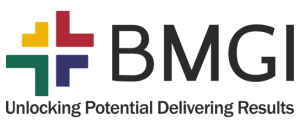Healthcare organizations have deployed many performance improvement strategies over the past 20 years, including Total Quality Management, Lean Six Sigma and Crew Resource Management. Yet none seem to last, and the drive for process improvement in healthcare is constantly reframed.
This one-day session will expose the irony that healthcare providers inherently possess strong clinical problem solving skills that can be applied to streamline emergency room processes, reduce risk, increase safety, organize workflows and otherwise improve performance.
In general, the clinical problem solving model can be applied across the full spectrum of a healthcare organization, not just to the job of diagnosing and treating patients. Thus, the model becomes a source of stability, enabling doctors, nurses and support staff to converge on one effective model.
This session is led by physician and healthcare consultant who will passionately share his unique perspective about how you can leverage clinical problem solving to improve performance with little disruption, few resources and impressive results.
Ask your doctors, nurses and staff : “Which problem-solving model and method do we use in this organization”? If you don’t get the same answer from everyone, you need this workshop.
Learning Objectives
After attending this workshop, you’ll be able to:
- Identify a quality improvement method that will resonate with physicians, nurses and other clinical and administrative staff.
- Recognize the diagnostic tools for operational problem solving.
- Engage physicians in the change and improvement process.
- Identify the eight types of waste and the principles of reducing process variation.
- Identify the components of an “A3” problem-solving report for operational projects.
- Formulate an initial plan for instituting a consistent and lasting continuous improvement capability in your organization.
